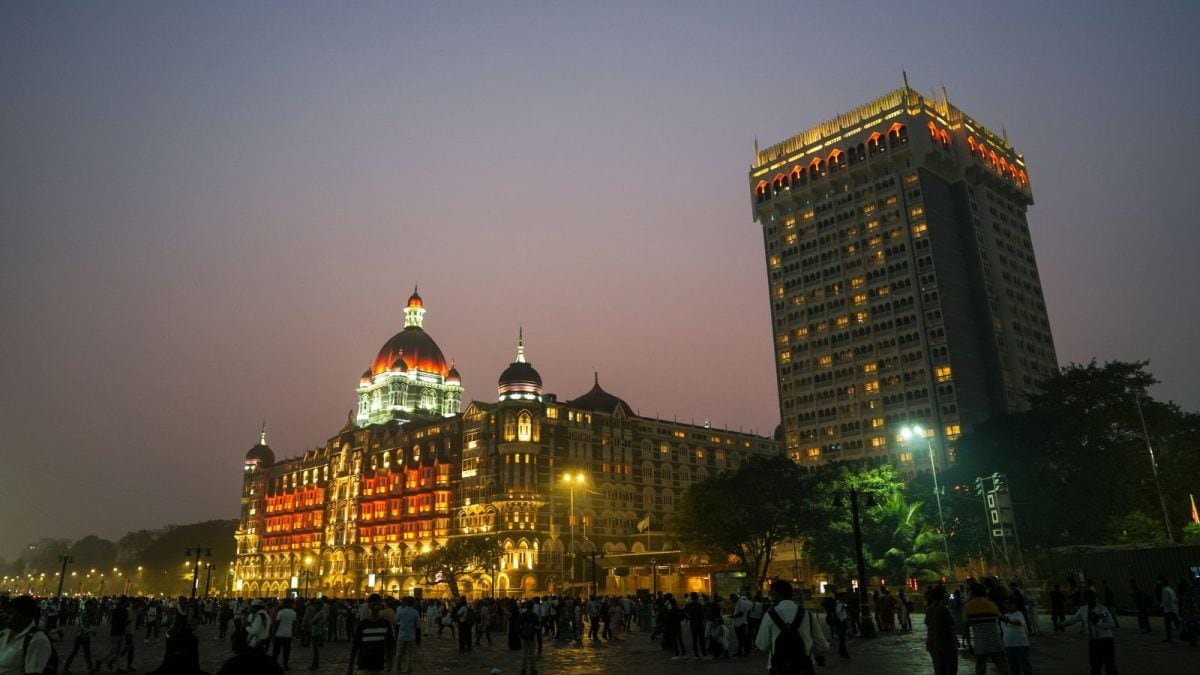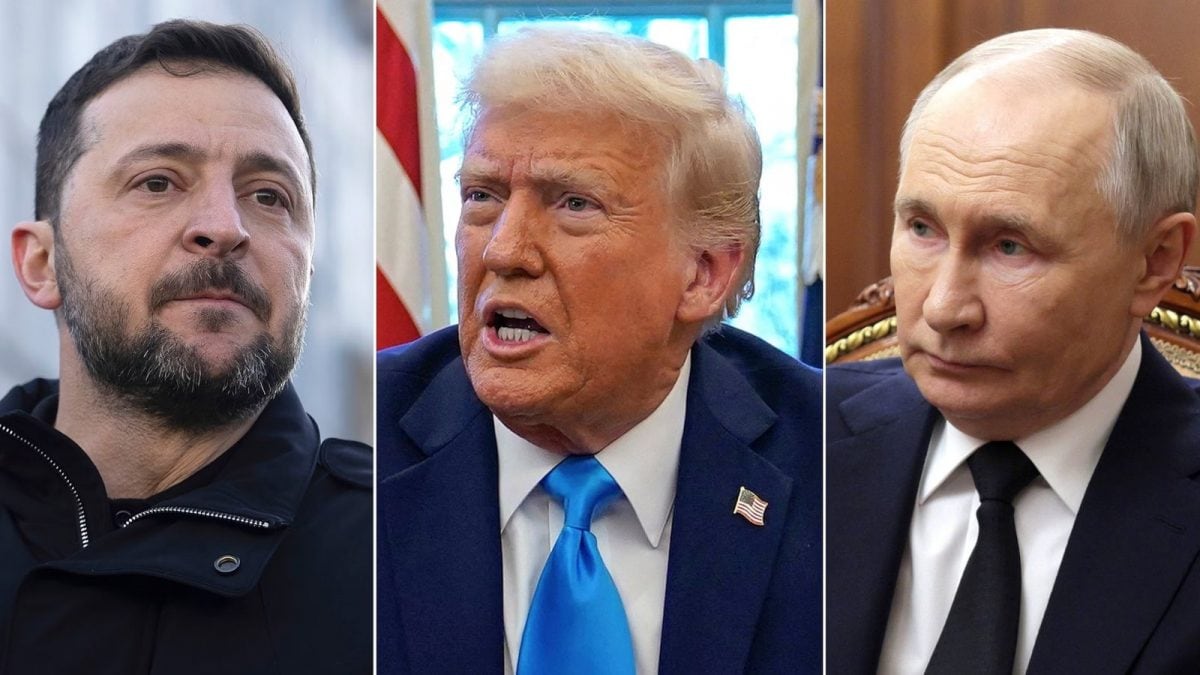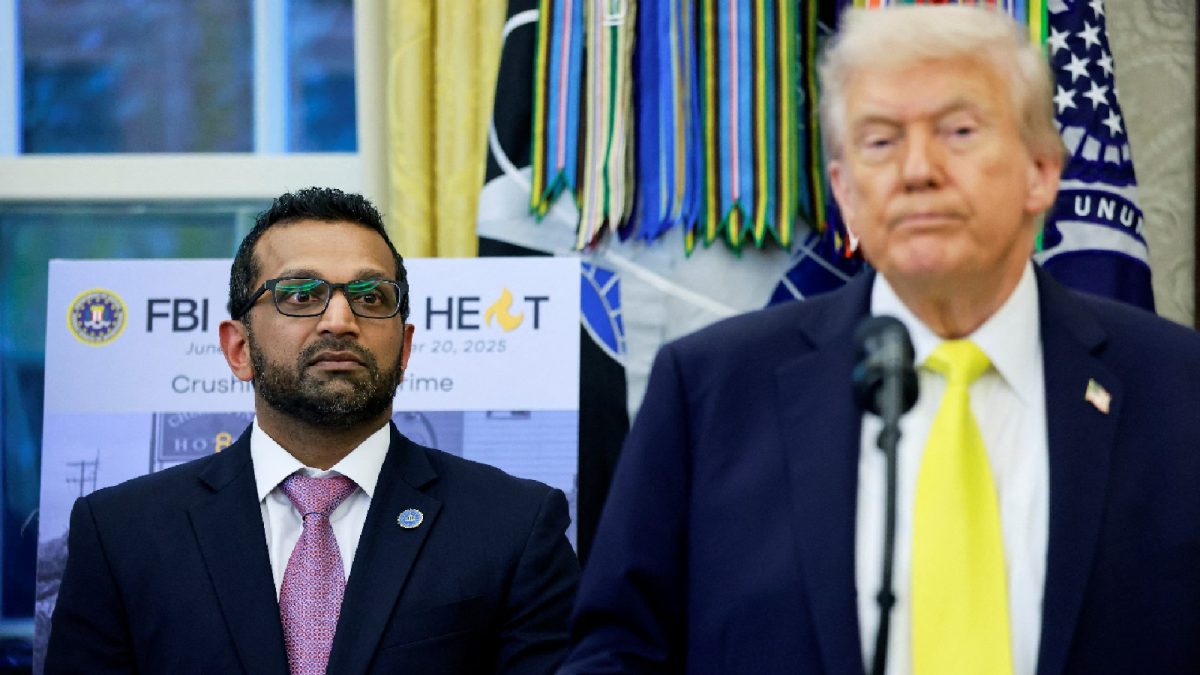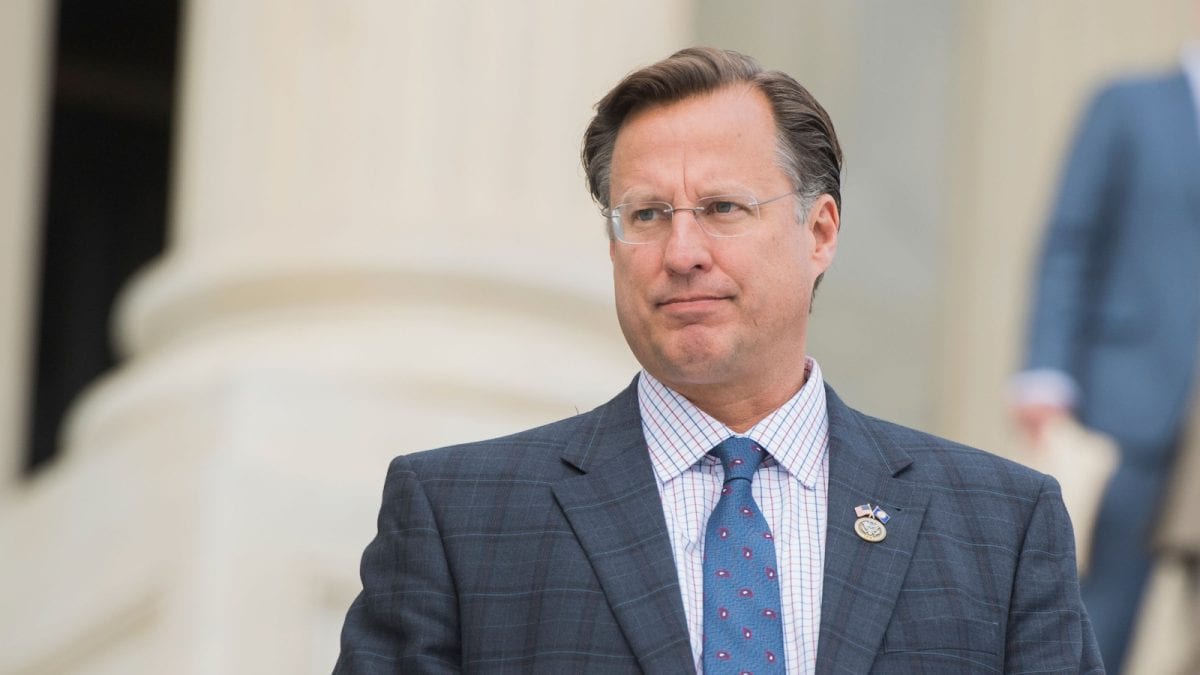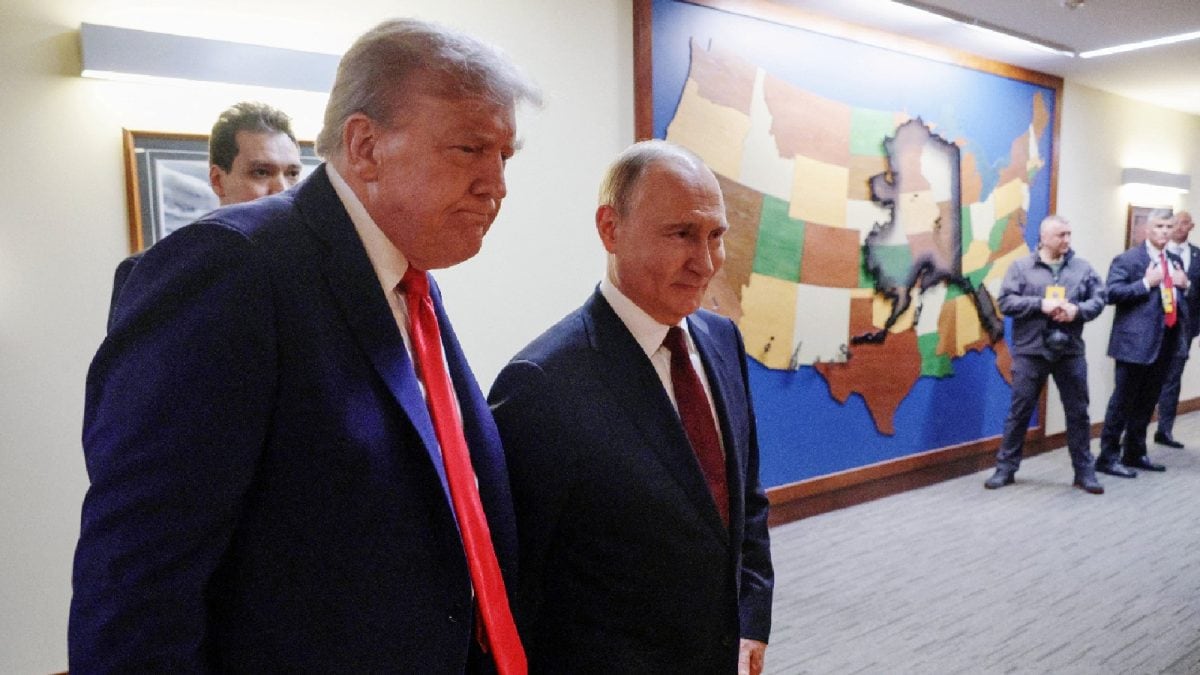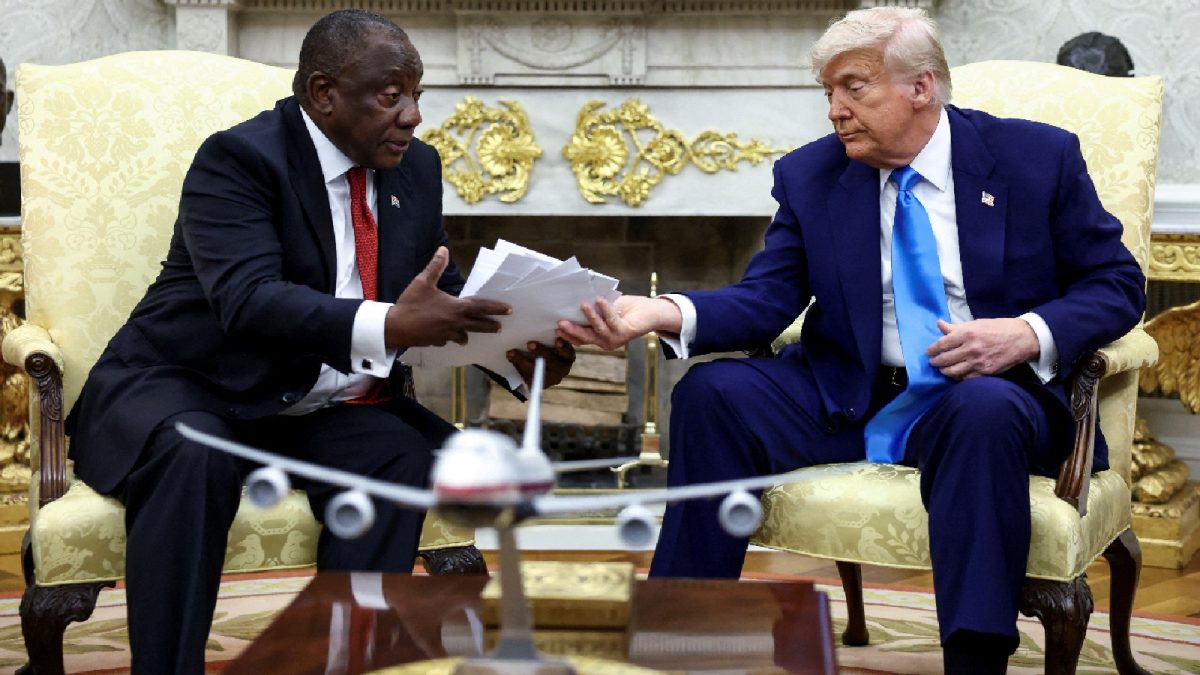During the signing of the US-Australia minerals deal, Donald Trump said that he doesn't "like" Australian Ambassador Kevin Rudd, who had previously called the US President "destructive" and a "village idiot."

US President Donald Trump gestures during a meeting with Australia's Prime Minister Anthony Albanese in the Cabinet Room at the White House, in Washington, DC. (Reuters)
A meeting between Donald Trump and visiting Australian Prime Minister Anthony Albanese took an awkward turn when a journalist present in the room pointed out that the current envoy to Australia, Kevin Rudd, had called him "the most destructive US president" back in 2020.
After the journalist highlighted Rudd's past criticism of Trump, the US President, with Albanese seated next to him, said, "I don't know anything about him. If he said bad, then he'll like to apologise."
"Did an ambassador say something bad about me?" he asked, turning to Albanese: "Where is he? Is he still working for you?"
Albanese then pointed at Rudd, a former prime minister who has been serving as Australia's ambassador to the United States since 2023. Trump then looked directly at Rudd and asked, "You said bad?"
Clarifying the timing of his comments, Rudd said, "Before I took this position, Mr. President," but Trump interrupted him mid-sentence. The exchange escalated as Trump told Rudd, "I don’t like you either. I don’t. And I probably never will," before redirecting the session by asking a reporter to move on to another question. The video of the moment quickly circulated on social media.
Rudd’s earlier criticisms of Trump had included calling him a "village idiot" and labelling him the "most destructive president in history." These remarks, made in 2021 before he became ambassador, resurfaced amid the public exchange.
Earlier in the day, Trump and Albanese finalised an agreement to increase cooperation between the US and Australia in mining and processing rare-earth and critical minerals. The deal involves $2 billion in investment commitments and aims to curb Chinese dominance in the global supply chain.
The US-Australian agreement was prompted by China’s recent trade policies, which require companies to seek approval for exporting materials made with these minerals. In response, Trump threatened a 100% tariff on Chinese goods containing rare-earth elements if Beijing does not reverse course.
China currently produces over two-thirds of the world's rare-earth minerals and controls around 90% of processing, making its policies critical to global high-tech manufacturing and international supply chains.
- Ends
Published On:
Oct 21, 2025
Tune In

 1 month ago
1 month ago


